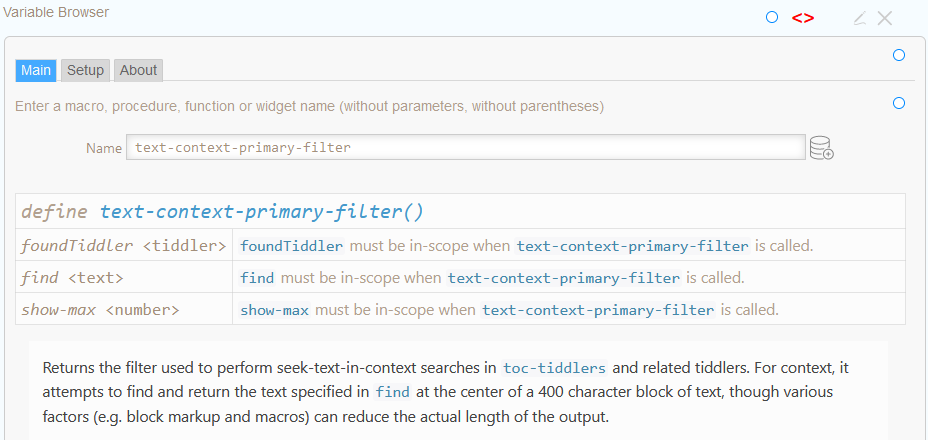Springer, Here I respond to your questions, however I do not want to cause a detailed discussion. A branch to a more advanced approach need not be discussed in detail here. If you want lets discuss elsewhere.
Thats fine, its a project I am working on, yet to be presented. My point is all editions should try to make clear what is involved in making them. I have done this in some editions I built. It helps when you come back to it, to improve or fix but as in my case it allows other developments or forking.
Don’t I know that!. But I already know how to deal with these clashes and it will help find them, especially of you want to add something. You can preview your resulting wiki, and if it works save it.
- Keep in mind I am keen not to complicate this community effort to build more editions.
- I just want us to plan to allow editions to document themself sufficiently to permit further use.
A practical example may be, lets say I use the recipes edition, but I have a cafe, so I want to add project management and advanced shopping lists, while tracking what is in stock.
- You would go to the factory, select the recipes edition, drop projectify and other plugins on the preview, check it does not break, adjust if it does, then export your custom edition.
- If it works well, you could then publish the delta to make your custom edition available to all.
- Should the recipes edition be updated you can return and see if the new version is compatible with your changes. Produce your own new version and maybe even one day create an upgrade package.
- I do have that under control, the Edition wiki only comes into existence by compiling the content into an Innerwiki. There will be no clash in the parent wiki.
Great, we are on the “same page”, That is what I intended to be understood. I am just asking we keep the idea of a manifest or simple namespace which indicates the difference between empty and the edition. An edition can then be packaged and not only available as a HTML but other futures become possible.
I can thanks, Perhaps I will start another thread. But for now here is a simple Home and Contents that creates a home tiddler, sets default tiddlers and creates a contents tab. I use this on new and other wikis all the time. It is contained within a bookmarklet tiddler for easy distribution. Home and Contents.json (2.0 KB)
- It also serves and an example defacto approach to the default tiddlers and contents tabs, Editions would benefit from using some simple standard tiddlers like this. Reuse rather than write bespoke

